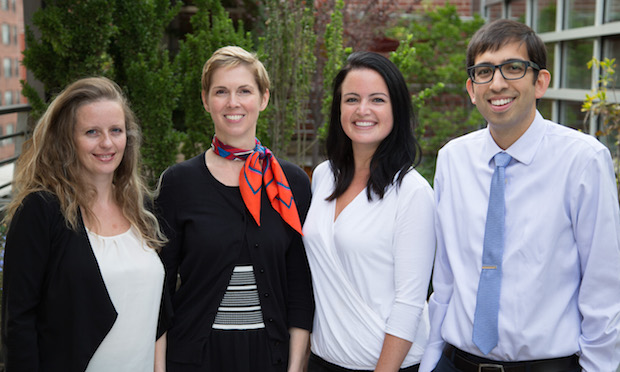Most families at the Lycée accept the inevitability of their child’s acceptance into a university somewhere in the world, however, the question remains for many, “How do they get into a good university?”
I hear this question not only at the Lycée, but often in my personal life, when I meet new people who have children in school.
This summer, on a day when I was enjoying the quiet of a small New Jersey shore town, toes in the sand, a book in my lap, and seagulls crying overhead, a woman approached me with a query. “Are you Sharon’s friend—the college counselor?” When I responded, yes, that I was visiting Sharon for the weekend, she squatted down to my level, a panicked look on her face, and practically begged of me, “How can I get my daughter into a good college?” I sighed, the peace and magic of the surf drifting away, and responded to her in a way I will share with you.
Universities value authenticity and curiosity
Good colleges want students to be themselves. Such a cliché, perhaps, but nothing could be truer. Universities value authenticity and curiosity: qualities that cannot be manufactured. Top colleges want to see evidence of personal interests that have evolved over time and blossomed into something more meaningful for the student.
Our students’ fast-paced Manhattan lives, don’t always allow for unstructured time, space, and exposure to new things.
In order to develop personal interests, children need unstructured time, space, and exposure to new things. They require oxygen in order to breathe in the world around them, and breathe out their own interpretation. Our students’ fast-paced Manhattan lives, not to mention the demands of the Lycée, don’t always make this so easy to do. But it is possible, if you prioritize this time together.
If I had one wish for families at the Lycée, it would be that each one had regular quiet time together. It might be hiking in the woods, or reading for pleasure in the same room, or painting or writing poetry, for example. Each person, each child, would have a moment to let their minds wander, build things, be intellectually adventurous, and contemplate life beyond the demands of the day. Parents have the ability to model creative thought for their children, and children are much more confident and successful in trying new things when they see their parents struggling with attempting something unfamiliar.
Let your child’s mind wander
In my experience, children who discover true personal interests—not necessarily those that are thrust upon them—and are given the time to explore and learn from them, fare much better in the college process, and in life.
“Children who know themselves tend to make great decisions and have happier lives. And they are also more likely to get into good universities”, says Christine Pluta (second to left), director of College Counseling, here with her team.
A few years ago, a Première student with a respectable, but not stellar, academic record came to me for college advising. He explained to me that over the course of his life so far, he was permitted by his family to explore his interests, which meandered from making art to music to writing, and then back to art. It was easy to see that he was absolutely fearless in trying new artistic mediums and taking his art to great extremes, just to see how far he could go. His dedication to his art might have cost him more than a few A+s in his academic classes, however, he felt confident in his priorities.
His wish was to attend a selective university with an excellent art program. We worked together to formulate a list of colleges that would allow him to apply to the most selective schools, but would give him some insurance in the form of less selective, but still excellent institutions.
Help your children know themselves better
In the end, this student was accepted to one of the most highly selective universities in the US. His application soared above others with much higher SAT scores and stronger grades. Why did his application prevail? I asked this question to the admissions dean at the highly selective university that accepted him, and he responded, “We were deeply impressed by his commitment to his art and his raw talent, not to mention the passionate way that he described his interests. The art faculty can’t wait to see what he can do. We loved his story.”
Not every student will find a true passion as a young person, however, allowing the space and the time for play, quiet thought, exposure to all kinds of ideas, and self-expression, will help your children know themselves better. Children who know themselves tend to make great decisions and have happier lives. And they are also more likely to get into good universities.
About the Author :
Christine Pluta has worked as an undergraduate admissions officer since 1997, first at the University of Pennsylvania, then at Barnard College. From here, she was named a Director of College Counseling at College Coach, LLC, and the Associate Director of College Counseling at Horace Mann School in the Bronx, NY. She joined the Lycée in 2008.



